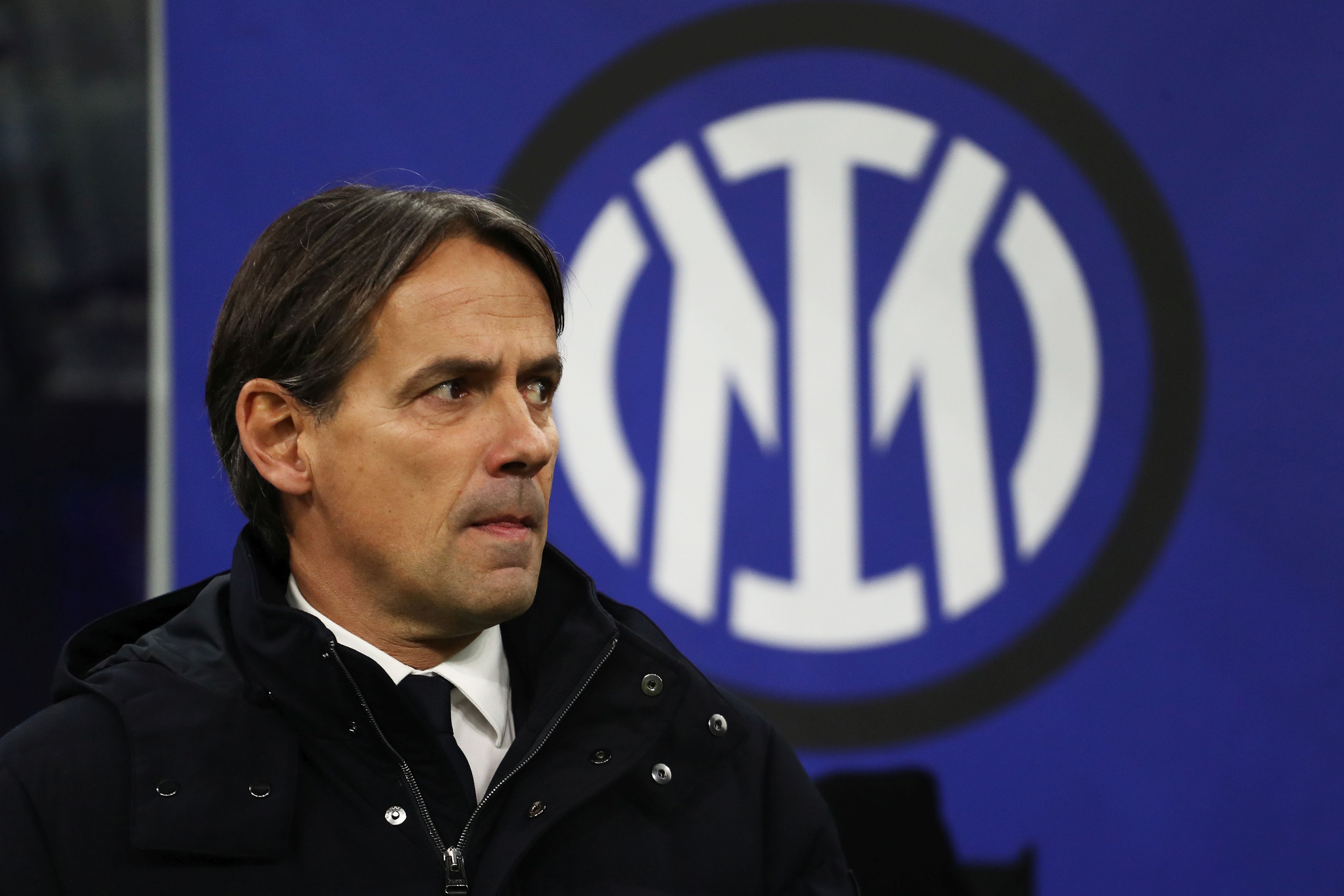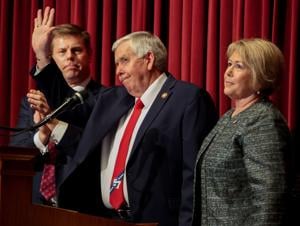Opinion editor’s note: Strib Voices publishes a mix of material from 11 contributing columnists , along with other commentary online and in print each day. To contribute, click here . ••• Biking is Jorge Grijalva’s primary form of transportation, but it’s also his peace.
On the way to visit friends in the suburbs, he’ll look for routes that take him off the roads and through the trees, quiet detours that make the city feel like a forest. “I recuperate in the woods,” Grijalva said. “Going there is a thing I know I am better if I do.

” The Twin Cities are thick with trees in a way you can’t really appreciate until you’ve lived somewhere considerably more barren. Grijalva remembers Arizona, for example, as a land of stumpy little trees. He’s lived all over the country, but he keeps coming back to Minneapolis and his hometown of St.
Paul, where he feels good and the trees are big. Those trees hold a different meaning for him now. They’re a comfort to both his spirit and body, and part of how he works to adapt to a life where interacting with the natural world isn’t really a choice.
Grijalva lives outdoors in a tent, surrounded by other unhoused neighbors in a small community in the Phillips neighborhood of Minneapolis. Trees, or rather their wood, have become a lifeline for him: providing heat, clean water and warm baths. Grijalva chops firewood for the community, taking donated logs and branches and breaking them down to usable chunks.
He’s learning to identify different species by the bark and sets aside specific trees for specific tasks. “White pine makes a good fire. I like the smell,” he said.
But for longer, hotter fires, he likes a hard, dense wood. For Grijalva, nature is both a tool of survival and a source of joy, something he has to learn and find ways to use precisely because he can’t control it. Grijalva lives with his girlfriend in the camp.
He works jobs in construction, painting and music. Once, years ago, he got to work on building the lakeside log mansion that disgraced car dealer Denny Hecker built up in Crosslake. Grijalva remembers that time as three beautiful months of living on a lake and eating fresh walleye for breakfast every day.
Now he’s kind of a community leader among the unhoused, the guy people come to for information and solutions. He helps build things that make life in the camp easier. He and some other folks built a water collector out of a tarp suspended into a funnel.
They used it to catch rainwater in big barrels. It wasn’t for drinking, but so that they could save the good water for drinking and use the rain for tasks like doing dishes, washing clothes and gardening. The gardens themselves were another project.
Grijalva had to build raised beds because the soil underfoot was too contaminated with lead. But it worked, at least for a while. All that was at a previous camp.
“Every eviction, things get trashed, supplies walk away,” he said. Grijalva and his neighbors have to find ways to live with the demands of nature and those of the city. Both can be unpredictable.
Both can be frustrating. On the day we met back in mid-November, we went to the Franklin Library so he could charge his phone as we talked. That phone is a necessity for Grijalva.
It gives him access to jobs. It helps him stay in contact with his girlfriend and other important people in his life. But he often finds the thing itself confusing.
“When you’re off the grid or down and out, it’s easy for technology to keep evolving and you not to,” he said. He’s learned to work with what he has access to, but it often isn’t enough. That day, his big project was figuring out how to get access to his bank account, which had been locked for reasons he didn’t understand.
The bank could fix the problem, but needed Grijalva to supply a utility bill as a proof of his identity. That’s a hard thing to do when your water comes from the sky and your electricity from the public library. The only thing to do is take the good with the bad, Grijalva told me.
He has no choice but to do what he can and accept what he can’t control, whether the challenge is coming from nature or the infrastructure people have built on top. On the cold, dark days of winter, he hunkers down in his tent and accepts that not much is going to get done. When the dirt ground of the camp turns muddy in spring, he layers it with wood chips to cut down on falls and filth.
And when he’s had enough of air pollution or there’s an illness going through the camp, he turns to his girlfriend. “We say, we have to get back out into nature,” Grijalva said. And then they head to the woods.
.
Politics
Koerth: How one unhoused man experiences, and depends on, nature in the city
For him, it’s both a tool of survival and source of joy. And also at times, a challenge.















